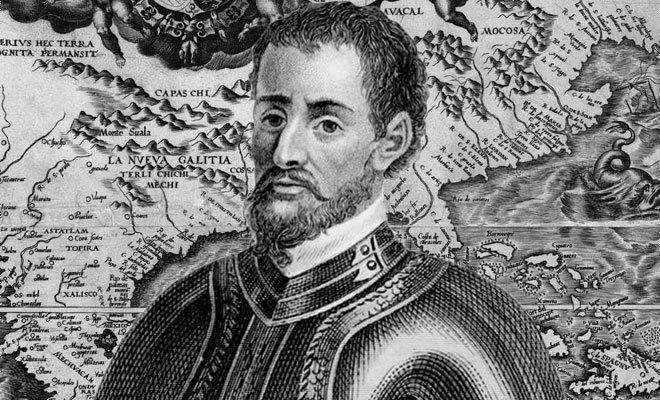Montuno
...como el Son...
"The Spider Rock Treasure - A Texas Mystery of Lost Spanish Gold" by Steve Wilson...Amazon.com may have a few copies left...serious adult treasure hunting for the largest treasure in the US, speculated to have been buried in the 1600's or so.. still out there....
I find it very implausible... I have looked for a sypnosis, and it speaks of a fabulous treasure that the Spaniards would bury in Texas in Hispanic times, after extracting them from rich Texas mines?
I don't know of any reference to these supposed mines. It seems pure fantasy.
Mining in Imperial Spain was under strict government control and would be a well-known fact. And if it had existed, Texas would not be one of the poorest and most depopulated areas of the entire Empire...








